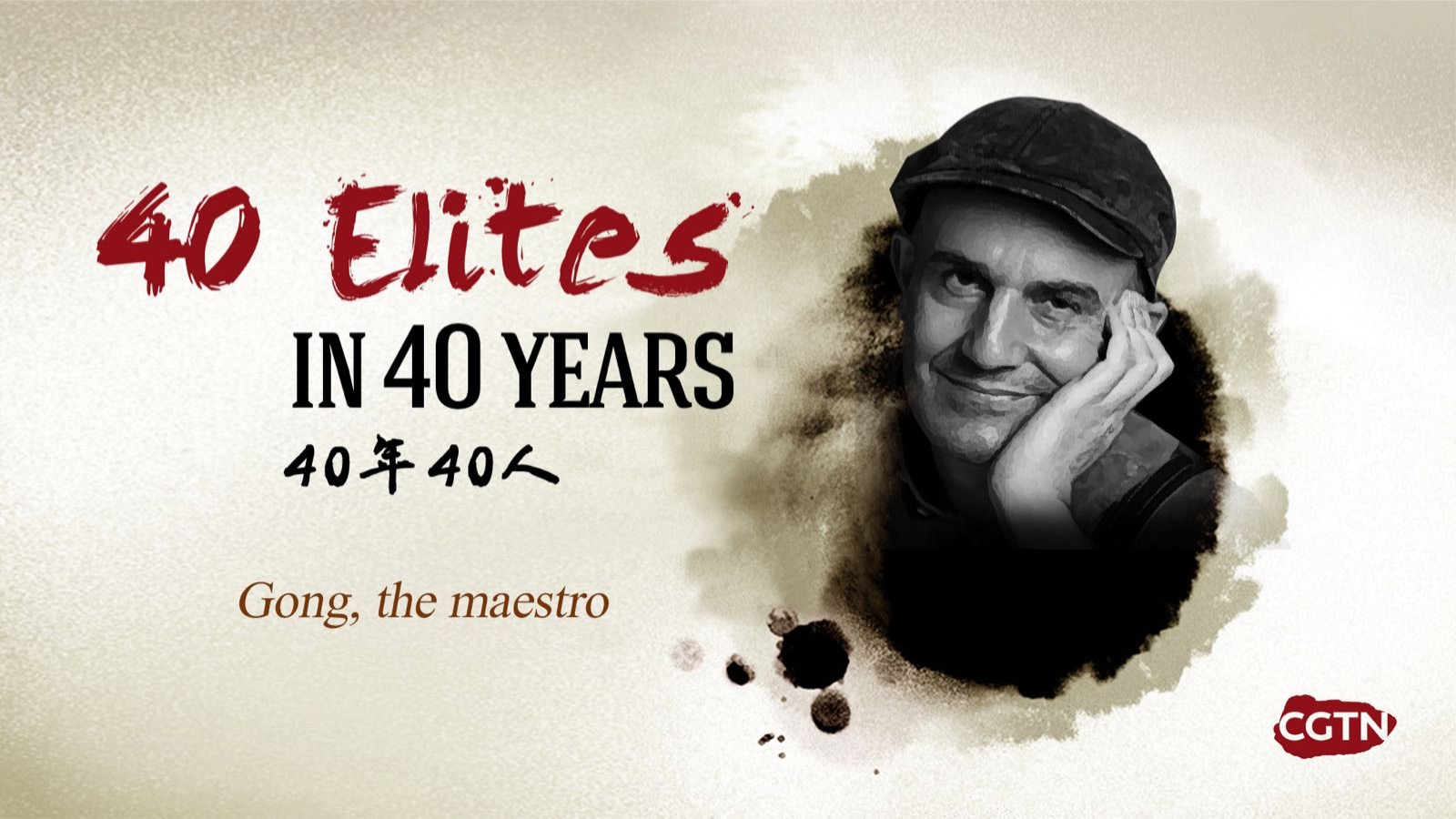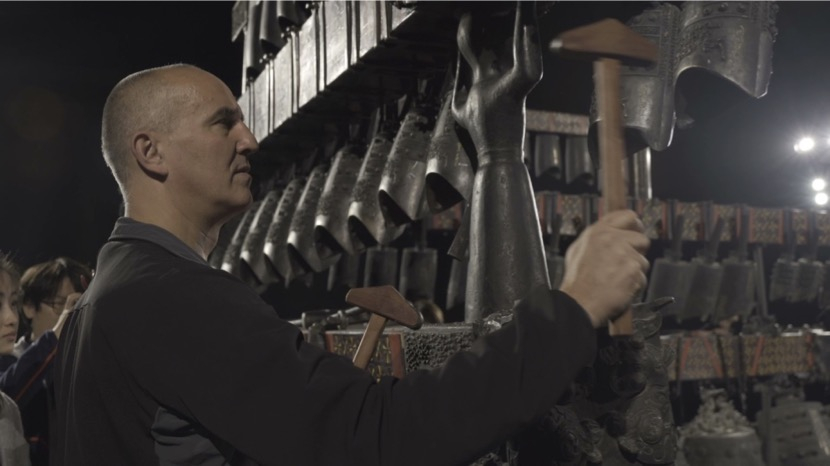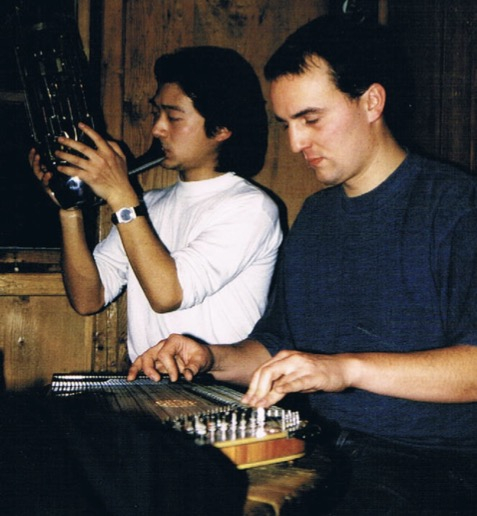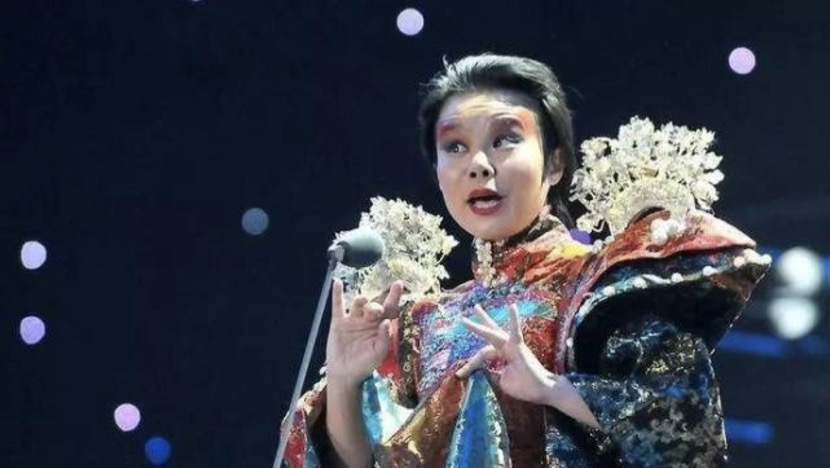
China
15:04, 29-Dec-2018
40 Elites in 40 Years: Gong, the maestro
Updated
14:13, 01-Jan-2019
CGTN
04:41

Robert Zollitsch, better known as “Lao Luo” (literally Old Gong) in Chinese, was born in Munich, Germany. He grew up learning a classical Bavarian folk music instrument, the zither, before he studied music theory at the Hanns Eisler School of Music in Berlin.
“I didn't enjoy Chinese music in my early years, but I thought the music couldn't be the problem. The problem should be mine,” Zollitsch recalled.


In 1993, Zollitsch went to the Shanghai Conservatory of Music and learnt the guqin from maestro Gong Yi. He has always been interested in various types of folk music. After coming to China, he put great efforts into learning and developing Chinese music. During his college years in Shanghai, Zollitsch formed a band with his classmates and played improvisations.

Zollitsch and his wife Gong Linna, a folk singer, have dedicated themselves to creating and promoting Chinese new art music, which combines traditional Chinese art and contemporary art. Their albums consist mainly of melodies made for ancient poems and folk song arrangements.
"What is Chinese music? One of the major features must be the tones," Zollitsch noted. "The only legacy that we inherited in Europe is the bel canto. But Chinese operas feature different vocal techniques, and so does the Chinese folk music. All of these constitute an immense treasure.”

Zollitsch admires Gong Linna's vocal techniques. "She uses traditional techniques in contemporary art music, which is a bold innovation," he said. The song "Tan Te” (literally Perturbed) the couple made went viral on the Internet in 2010. Integrated with all kinds of standard voices from Chinese opera, it is considered a great music piece by Zollitsch himself. "The song is extremely difficult. Few people can perform it properly," he admitted. It received mixed reviews from netizens, but has won respect among artists.
Chinese instruments have special charms for Zollitsch who has been studying the Zenghouyi chimes that were excavated 40 years ago. "This ancient instrument is unique in history. Chinese musicians could play all the 12 tones with the chimes 2,400 years ago."
Zollitsch is not a fan of the idea of "what's ethnic is worldwide". He believes in the importance of contemporary creation. "We often talk about cultural confidence in China. Traditional culture does matter. But your confidence depends not on your ancestors' achievement, but on your own," he stated. "China needs to develop its contemporary culture and art, but only on the basis of traditional Chinese culture."

SITEMAP
Copyright © 2018 CGTN. Beijing ICP prepared NO.16065310-3
Copyright © 2018 CGTN. Beijing ICP prepared NO.16065310-3